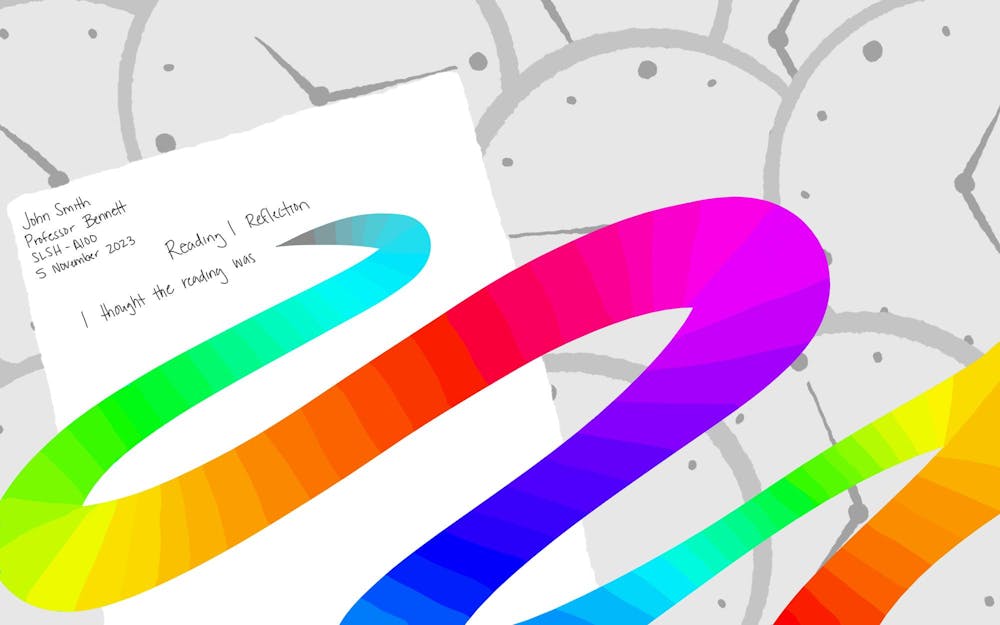We are all familiar with procrastination. Whether it is that paper you waited to write until the night before it was due, the test you didn’t study for until the morning of, or the presentation you waited a little too long to practice for and ended up just winging it instead. We’ve all been there — some more than others. But consider looking at all those times we procrastinated on a piece of work as a good thing.
Often, when a deadline is rapidly approaching and only an hour away from catching me red handed on my incomplete work, something in me clicks. I tend to disregard the rising anxiety and I work my heart out to finish whatever essay or project needs to be done. It’s moments like these where I feel I have done some of my best work, and it’s a relief to see amazing grades as a result.
Putting off my study sessions until, dare I say, the night before an exam has earned me some of my highest grades too. Under pressure, my brain somehow connects the new content to previous knowledge in quick and creative ways I wouldn’t have thought of had I began studying the week before.
For example, when studying for my art history class, I often mentally compile all the information I learned up until the last class before the test and connect it to things I’ve seen or people I’ve met in the past week. Sometimes I even make little songs or jingles out of some of the artists' names to remember as much of the information as quickly as possible.
Now, I am by no means encouraging you to put off all your work until the last possible second, then forcing yourself, with five cups of coffee, to get it all done the night before. Naturally, there are some things that should be considered and planned out in advance, not crammed into a caffeine- fueled hour of ambition. Putting off enough of your schoolwork for a long enough time will allow it to pile up, which will only hurt you in the long run.
I once did a project where I had to interview professionals on a topic and incorporate their responses into my essay. I waited a little too long to reach out to them and ended up submitting my project half finished. The writing itself was clear and simple, but I didn’t include any of the quotes I intended to get. When working with others, trust me when I say procrastination is not the best tool to use.
The problem with my procrastination was I needed information from others and I neglected to account for their busy schedules. But that’s not to say other projects can’t be completed at the last minute. In fact, procrastination could be just the answer to your creativity slump. For an essay or small presentation, for example, you need more creative thinking and so procrastination might help you.
When given a creative task, it’s better to take some time to sit with your ideas. Read the rules, the expectations and, most importantly, the deadline, and let your mind wander for however many days. Then, when the deadline is approaching, take your introspection and transfer it to the assignment.
If you’re still skeptical, there’s research supporting procrastinators having more creativity. According to the New York Times, a study done by a now professor at the University of Wisconsin showed people who procrastinated came up with business ideas independent raters deemed 28% more creative than those who came up with their business ideas right away.
All things considered, procrastination isn’t as bad as most people make it out to be. It can fuel our creativity and allow us to do some of our best work. Perhaps it’s the looming deadline that helps us forget about the expectations and just focus on getting something down. Nevertheless, waiting just a little bit longer to get started on that task might be just what you need to inspire your creativity.
Caitlyn Kulczycki (she/her) is a sophomore studying media advertising.






